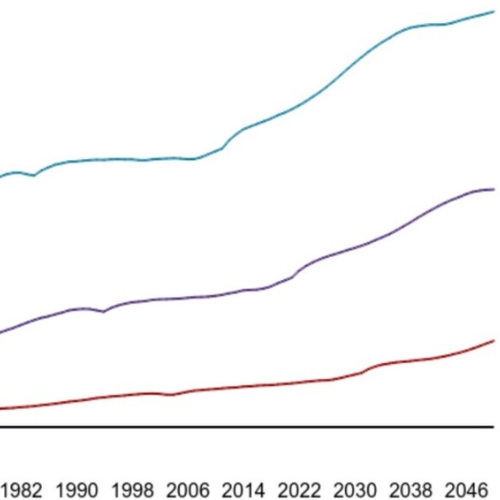Key points from article :
A new study from University College London has found that smoking significantly reduces life expectancy, with each cigarette shortening a person’s life by 17 minutes for men and 22 minutes for women. This research updates earlier estimates that suggested each cigarette cut life by 11 minutes.
The study is based on recent data from long-term health studies and shows that the harm from smoking is cumulative, meaning that the more cigarettes a person smokes, the more they shorten their life. Researchers have emphasized that quitting smoking as soon as possible is crucial, and the more cigarettes avoided, the longer one can live.
For example, if a person who smokes 10 cigarettes a day quits on January 1st, they could prevent the loss of a full day of life by January 8th. By February 20th, they could have extended their life by a week, and if they stay smoke-free until August 5th, they could live a month longer than if they had continued smoking.
The study also highlights the impact of smoking on overall health, not just life expectancy. Researchers explained that smokers tend to lose years of healthy life rather than just the number of years they live, meaning that smoking primarily affects the middle years of life. For instance, a 60-year-old smoker might have the health profile of a 70-year-old non-smoker.
The study published in the Journal of Addiction emphasizes that every cigarette smoked not only takes away precious time but also leaves individuals in poorer health. It notes that stopping smoking at any age can substantially improve both health and life expectancy, with benefits starting almost immediately.








